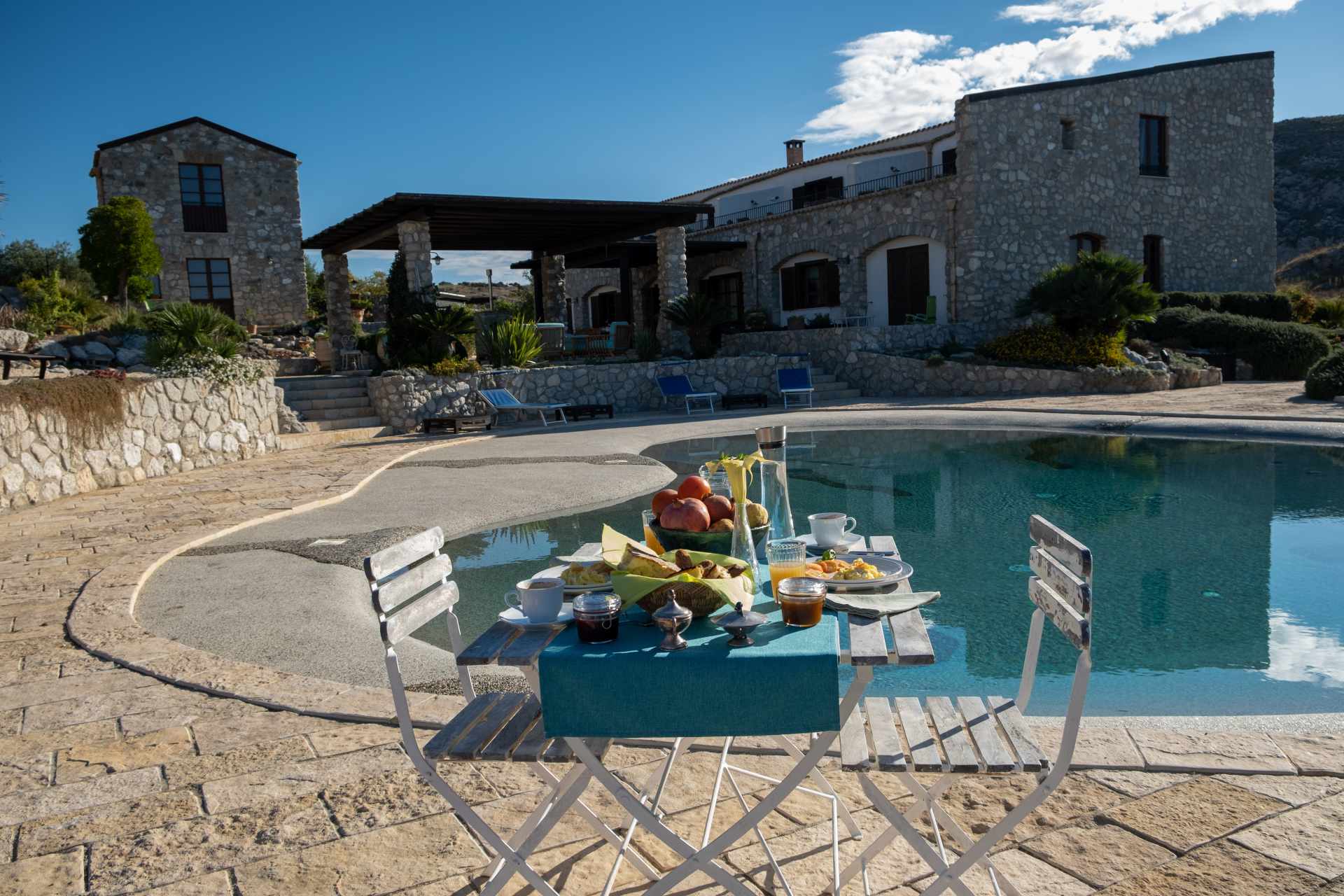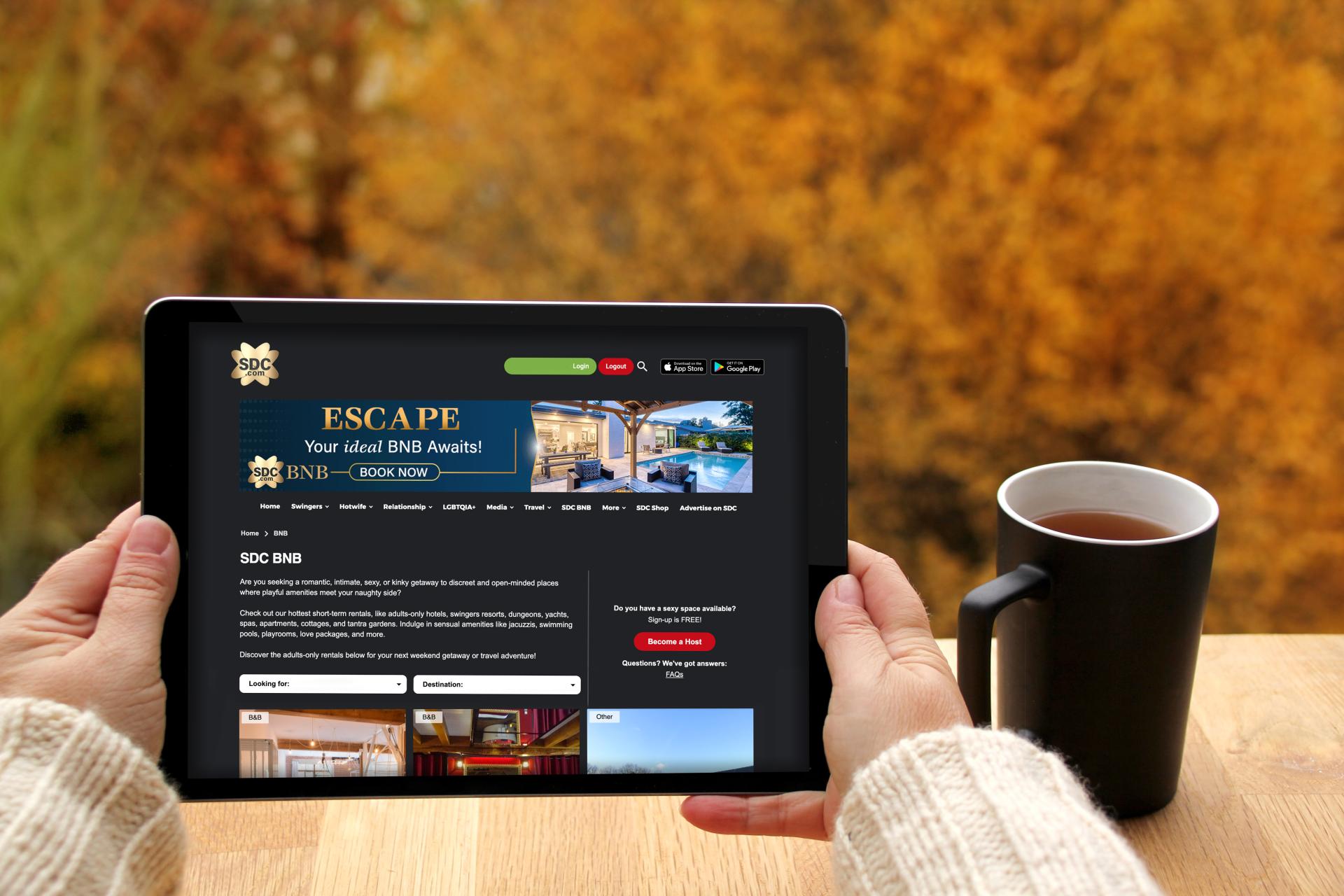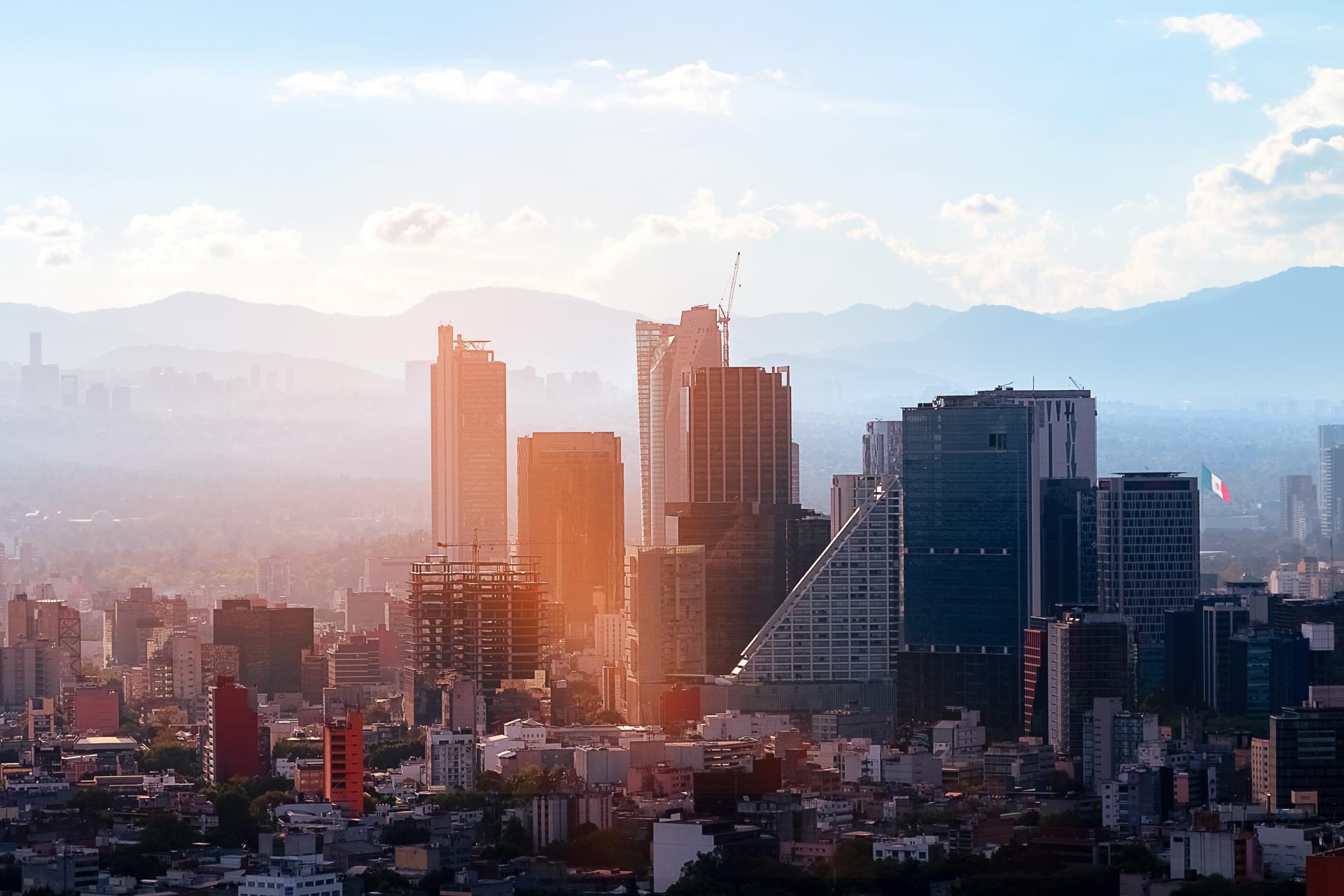BNB Rules Around the World


For those looking for sexy spaces, SDC.com offers a worldwide, commission-free BNB listing service for both hosts and guests to enjoy. If you love travel experiences and enjoy an alternative to traditional hotel accommodations, there are plenty of options to stay in B&Bs or Short-Term Rentals (STRs). Each year, this industry claims significant growth. At the time of this article, the industry worldwide is reported to be worth many billions and growing rapidly despite the implementation of regulations in many cities around the globe.
For those planning their trips and seeking out places to stay that give them the sensation of “Livin’ la Vida Loca,” it’s great! B&Bs and BNBs offer more home-like settings, can be found both in and away from touristy places, and can provide that wonderful feeling of actually connecting with your surroundings. They range in price from budget-friendly options that are often less expensive than a hotel stay to some pricier rentals, depending on the number of people in your party, the location, and other factors.

STR, B&B, BNB, or Airbnb — Is There a Difference?
Yes, there is a difference! For both guests and hosts, it’s important to note the difference between private vacation rentals like a B&B and an STR or BNB, as these terms are frequently mixed up. A Short-Term Rental (STR) is usually referred to as the rental of a full house in most countries and for no more than 30 days at a time. A B&B rents out rooms in the space where the owner resides (up to 40% of the space), more often than not includes breakfast, and is rentable throughout the entire year. Airbnb is the business name of a well-known listing platform, much like Vrbo. SDC.com has adopted the term BNB as an umbrella term for listings of all possible kinds of places, whether they are vanilla in a romantic way, sexy, or downright kinky!
As was the case with the introduction of Lyft and Uber, the ruling establishment wasn’t particularly pleased with these short-term and long-term stay options sprouting up all around them. Especially in the more popular travel destinations around the world, several rules and restrictions have been implemented not just in an effort to curb the growth of this market but, more importantly, to battle housing shortages and, of course, to ensure all the proper taxes are collected.

Change Can Be Positive!
In the past decade, more and more people decided to list rooms, lofts, floors in their homes, and even their entire homes, to generate more income. Traditional B&Bs are seemingly tapering down their market share, and it is roughly guesstimated that there are more than one million BNBs in the world, which may very well be an understated number.
A lot has changed over the years. The pandemic certainly put a big wrench into many things. Many services typically expected in the industry became so much more complicated, just as they were for many other businesses. To stay cost-effective, many resorted to either giving up entirely or providing less of a personal experience.
All these changes are not necessarily bad things for those looking for total privacy — especially for those in the swingers lifestyle who actually appreciate that self-check-in entry or breakfast basket. But overall, the hospitality landscape underwent some changes. As the effects of the pandemic lowered, people started traveling again, and those that persisted are carefully going back to offering that more personal approach in an effort to distinguish themselves, and that’s also a good thing!

Different Strokes for Different Folks!
Apart from rooms or entire houses, there are top rentals of many kinds. With more and more people worldwide getting into the hospitality business and a renewed interest in getaways, there is a wide variety of places to choose from. There are many wonderful gems that are not as welcomed or easy to find on regular booking sites. These are unapologetic BNBs with a sexier edge and vanilla places that love to focus on couples and cater to their more intimate time, and these are becoming all the rave in recent years.
These edgier places are now finding a welcoming home on SDC.com, a matching site that has launched a commission free erotic BnB service. This is the ultimate platform to find any kind of unique stay, whether it’s a sexy B&B, Dungeon, Boutique Hotel, Condo, Cabin, Adults-Only Hotel, Yachts, Nude Glamping spots, and more all over the world! You name it, it’s probably out there waiting for you to find it! Eager hosts are offering more and more to seduce potential guests to come stay with them. The fun already starts by just looking at all these gems. Now imagine you and your partner having a great time staying there!

Rules and Regulations for BNBs?
As a BNB guest, you really have nothing much to worry about other than making sure to do your research, that your choice of stay is what you envision, and that communication with your intended host is to your satisfaction. Make sure to take out solid travel insurance for those unforeseen circumstances.
Hosts and potential hosts are highly advised to take a good look at their local, state, and city regulations to make sure they are on the up-and-up at all times with all continuously changing requirements. Depending on your location, this can be a bit of an overwhelming process at first, but if you are serious about your business, it’s totally worth it. Some locations impose a tourism fee for your guests that you need to collect; others require an ID registration for guests, and if you are a foreigner in a country and wish to earn extra income with a vacation home you own, you might be taxed differently than citizens.
These processes take time and effort, but the comfort of knowing you comply with the latest requirements will free your mind and help you focus on catering to your guests and growing your hospitality business. In addition, that you’re going about this correctly will be considered a plus to those looking to book your overnight or vacation rental, as it gives a certain legitimacy. Popular tourist destinations used to be, per definition, great places to start a B&B or BNB. They still are, but there is a ‘but.’ It’s important to note that most bigger cities are trying to put the brakes on the short-term rental “gold rush” by implementing stricter rules in an effort to battle housing shortages, increasing rents, and homeless population numbers, which in today’s world makes total sense.

USA/CANADA
The US government considers a property a Short-Term Rental (STR) when you rent it out for a minimum of 14 calendar days each year and if you use the property personally for no more than 14 calendar days. Anyone who wants to provide accommodation to tourists for a period of 31 days or less must have a notice of compliance signed by their local municipality before they can even obtain a registration number.
Traditional B&Bs typically do not usually fall under the rules of STRs. However, having the proper licenses, etc., are stepping stones in being able to grow your business with peace of mind and will allow you to maximize tax deductions, can help secure necessary loans, etc.
For STRs in general: If you rent a property more than three times a year for less than 30 days, or if you publicly advertise your property for rent in this capacity, you most certainly need a registration and look at all required licenses as well, and these can even vary from city to city.
In addition, each city can impose its own rules on, for instance, capping the number of occupants, limiting renting duration, applying zone restrictions, parking restrictions, etc.
It’s good for potential guests to realize that when an STR states that their property can only house a certain number of guests or, for instance, cannot allow for parties, it’s not because they are being difficult; it’s most likely due to the strictly-imposed city regulations, so they have no choice but to adhere to these in order to keep their license.

EUROPE
With so many countries getting on the bandwagon and joining the expansion of a regulatory wave, this has also jump-started the European Parliament to try and impose regulations forth for all member states. This is why it’s so important to do your due diligence in researching what applies to your specific rental situation. Private vacation rentals have to register and follow a set of rules, including those pertaining to the number of nights you are allowed to host. For instance, in France, it’s 120 nights, but in The Netherlands, it’s anywhere from 30 to 60 nights, depending on location.
In general, traditional Bed & Breakfasts, much like in the USA, have no limits for the number of nights in most countries, but some may still have to officially register and adhere to requirements depending on the business model, location, etc. Failure to do so can lead to huge penalties. For instance, you will not find any STRs in the center of Florence, as the practice was banned in favor of rentals being available to locals only. In April 2016, Berlin barred pretty much all vacation rentals and imposed huge penalties for infractions. They walked that decision back in 2018 by allowing those renting out primary residences for short periods, but only with the appropriate permits.
While this all is in motion, and despite rules that can seemingly change in the blink of an eye, it’s still a very lucrative endeavor for many.

LATIN AMERICA
From the looks of it, countries in the region are pretty much still free of restrictions for temporary rentals. Popular countries like Colombia, Argentina, Chile, and Mexico show a lack of any rules for STRs or B&Bs. However, slowly but surely, the same imbalances that led to more regulation in the US and Europe are beginning to emerge; even though they are seemingly still behind the curve, this relaxed approach may very well not be here to stay for the future.

UAE
With glorious cities like Abu Dhabi and Dubai high on the popular tourist destination list, it’s no wonder that the BNBs are also on the rise. They’ve been legalized, and the competition is fierce. You’ll need to obtain the necessary licenses, and these will greatly depend on the type of your property. For example, for a whole apartment rental, you’ll need a holiday home license. It’s important to take a good look at the guidelines that have been set out in more recent years, as they regulate everything from allowed sizes of properties to be rented out to the type of furniture that you can use.

ASIA
Most Asian countries do allow for short-term rentals except for Thailand, where it is prohibited, and many require businesses to get the proper permits. Hong Kong, Taiwan, and Singapore furthermore impose minimum rental periods. Malaysia has implemented some stricter rules with the need for a lodging house license and stringent fire safety requirements. Some residential buildings and areas are prohibited from STRs.
China’s market for non-standard accommodations is less than one percent, but local demand has risen tremendously in recent years, with Shanghai being the most popular destination, followed by Beijing. There are strict rules imposed with regard to registration of spaces and guests alike, so make sure you do your research. Japan has legalized the operation of B&Bs and is actually actively promoting the practice to grow the economy through tourism, working on standardizing rules to provide protection for legal B&B operators.

In short, if you own property, your decision to join the BNB community is super exciting! From the moment of the idea all the way to receiving your first guests, you’ll learn a lot. This is a time when you learn to navigate all your responsibilities so you can guarantee a safe and quality stay for your guests. You’ll find out all the latest on local laws, necessary permits, and community rules, as well as understand your tax obligations, find out the best way to maintain accurate guest records, implement popular practices, and more so that you can succeed and prosper!

Sources:
lodgify.com
hostyapp.com
questadvocaten.nl
insideairbnb.com
alltherooms.com
littlehotelier.com
Note: This article isn’t meant to be fully comprehensive and doesn’t constitute legal advice. The accuracy of information assessed via third-party websites is not guaranteed.







